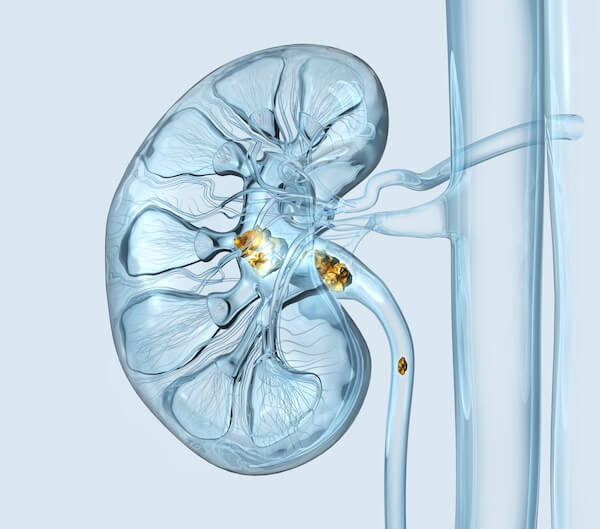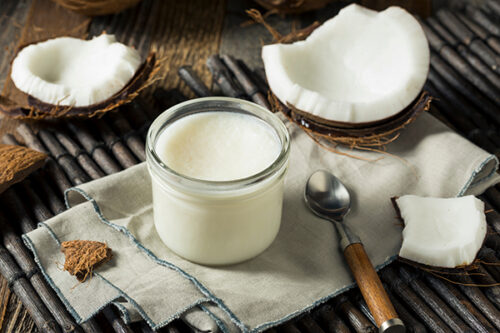The Truth About Oxalates & Kidney Stones

By John McDougall, MD
Myth: Plant foods, high in oxalates, cause kidney stones
More than 90% of kidney stones in developed Western countries are made up of calcium and oxalate. Plants, especially green leafy vegetables, are high in oxalates. You might expect kidney stones to be more common in populations that eat a diet high in plant-based foods. Paradoxically, these stones are found mostly in developed countries, where people eat a diet low in plant foods; and are almost unknown in underdeveloped societies where people follow a starch-based diet (corn, potatoes, rice, etc.). Furthermore, in the United States, modern-day vegetarians have about half the incidence of stones as the general population. This apparent paradox (of plants being high in oxalates and plant-food eaters rarely getting stones) can be explained by understanding the effects of protein and fats on our metabolism.
Proteins, especially animal proteins, increase the excretion of calcium into the kidneys by dissolving our bones. The adverse effects of high-protein diets are most commonly seen with the development of osteoporosis. In general, plants are low in calcium. Loss of calcium from the bones identifies the source of the calcium component of calcium-oxalate kidney stones.
Plants are high in oxalates, but this organic compound is tightly bound to calcium, and present in plants as “insoluble complexes” that ordinarily pass out through the intestines, to be lost with the stool. However, a soap-forming reaction (saponification) with fat or grease occurs in the intestines that breaks up the insoluble calcium oxalate; allowing the oxalate to be available for absorption. From there oxalate is excreted into the kidney system to form calcium-oxalate stones. Understanding this soap-forming reaction explains why kidney stones are from consuming the Western diet, which is high in protein (the calcium) and fat (the oxalate); and why you should not fear vegetables.
Recommended Articles

On Salad, Soup, and Success

The Real Coconut Oil Miracle: How a High-Fat, High-Calorie Condiment Became a “Superfood”







